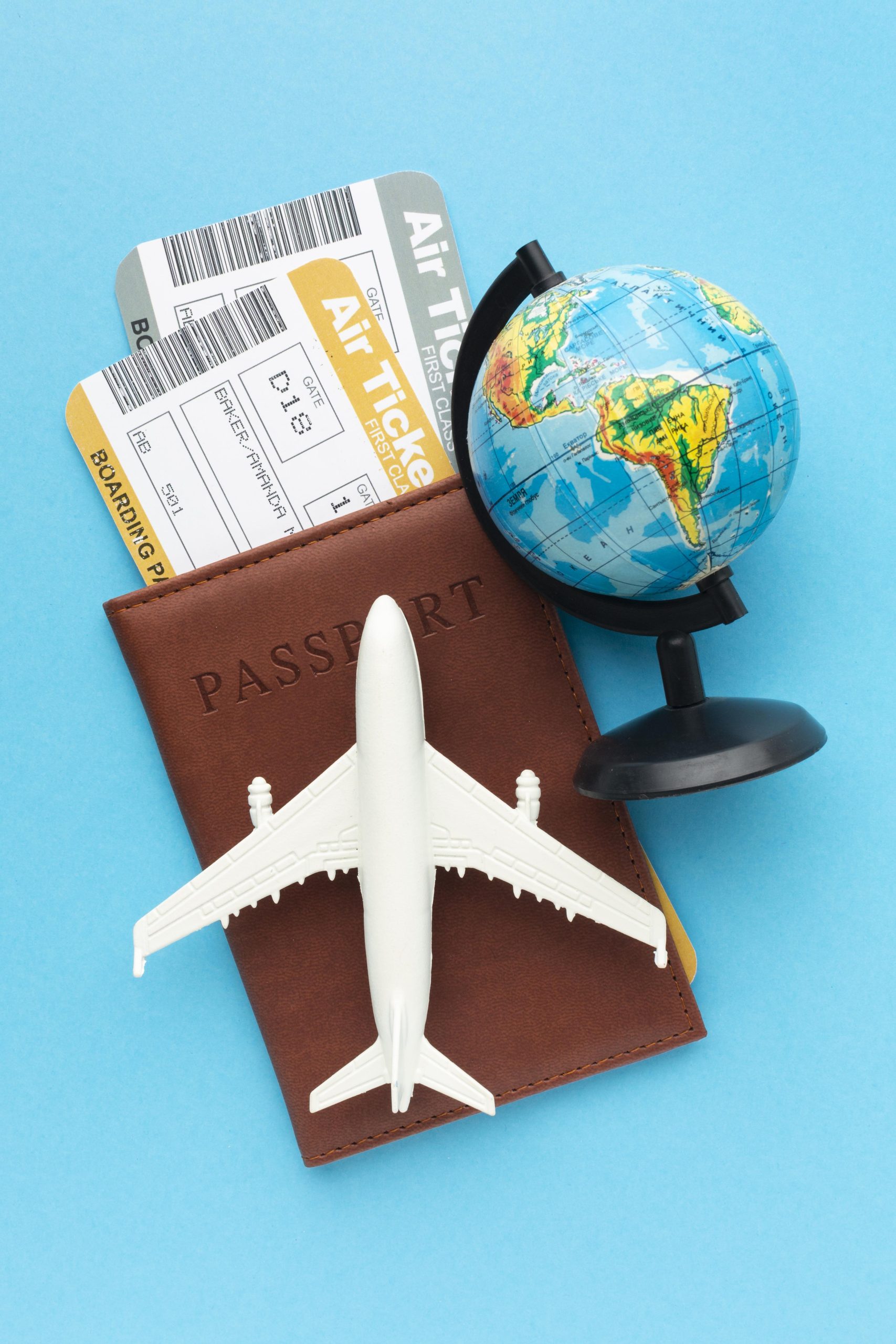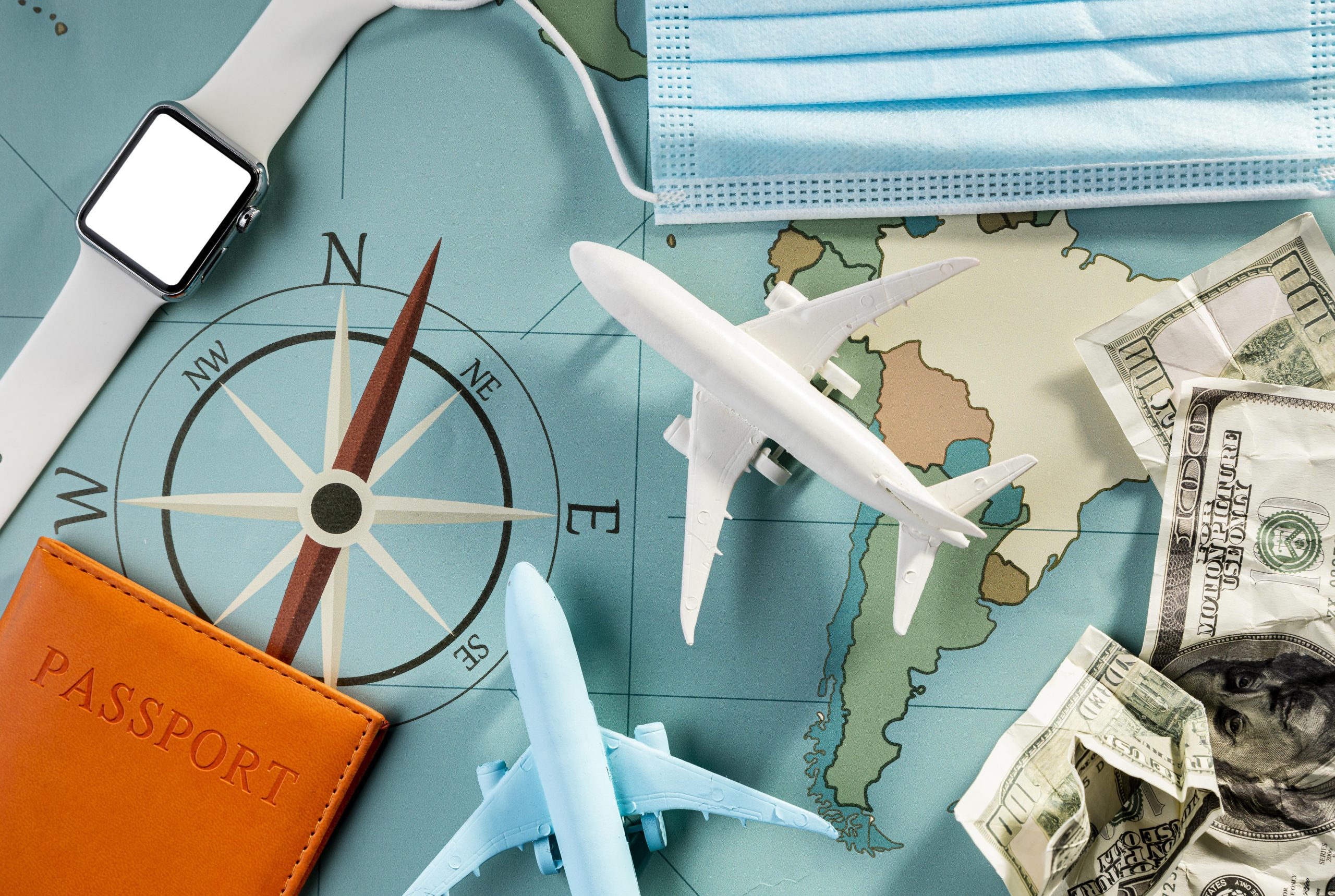 Introduction
Introduction
Traveling to new destinations can be an exciting and enriching experience, but it also comes with its share of risks and uncertainties. One such risk is the possibility of falling ill or encountering a medical emergency while abroad. Medical travel insurance is a crucial aspect of travel planning that can provide peace of mind and financial protection in case of unexpected medical situations. In this comprehensive guide, we will delve into the importance of medical travel insurance, its key features, types of coverage, considerations when choosing a plan, and essential tips to make the most of your policy.
-
Understanding Medical Travel Insurance
Medical travel insurance is a type of coverage that specifically addresses medical expenses incurred while traveling outside your home country. It is designed to offer financial protection against unforeseen medical emergencies, illness, accidents, and other healthcare-related issues that may arise during your trip. This type of insurance is essential, especially if you are traveling to countries with high healthcare costs or limited medical facilities.
-
The Importance of Medical Travel Insurance
While you may be in good health and full of excitement before your trip, you cannot predict what will happen during your travels. Medical travel insurance can prove to be a lifesaver in various situations, including:
- Medical Emergencies: Accidents and illnesses can strike at any time, and being in an unfamiliar place can add to the stress and confusion. Medical travel insurance ensures you receive timely medical attention without worrying about the costs.
- Evacuation and Repatriation: In severe cases, when local medical facilities cannot provide adequate care, medical evacuation to your home country might be necessary. The expenses for such evacuation can be exorbitant, but with insurance, you are covered for these costs.
- Trip Interruptions: In case you fall sick and need to cut short your trip, medical travel insurance can cover the cost of canceling or rescheduling your travel arrangements.
- Pre-existing Medical Conditions: Some travel insurance plans may cover pre-existing medical conditions if certain conditions are met. This can be beneficial for travelers with existing health conditions.
- Peace of Mind: Knowing that you have comprehensive medical travel insurance allows you to enjoy your trip with peace of mind, knowing that you are protected financially in case of any medical contingencies.
- Types of Medical Travel Insurance Coverage
Medical travel insurance plans can vary significantly in terms of coverage. The following are some of the key components you can expect to find in a typical policy:
- Medical Expenses: This is the primary and most crucial coverage offered by medical travel insurance. It includes
 hospitalization, surgery, doctor’s fees, prescription medication, and other necessary medical treatments.
hospitalization, surgery, doctor’s fees, prescription medication, and other necessary medical treatments. - Emergency Medical Evacuation: If you encounter a severe medical emergency, and the local medical facilities are inadequate to treat you, this coverage will arrange and cover the costs of transporting you to a medical facility better suited for your condition.
- Repatriation of Remains: In the unfortunate event of your demise during your travels, this coverage facilitates the transportation of your remains to your home country.
- Trip Interruption/Cancellation: If you need to cut short or cancel your trip due to a medical emergency, this coverage can reimburse you for non-refundable travel expenses.
- Dental Coverage: Covers dental emergencies and treatments while traveling.
- Emergency Medical Reunion: If you are traveling alone and hospitalized, this coverage will bring a family member or a friend to your side.
- Accidental Death and Dismemberment (AD&D): Provides a lump sum payment to your beneficiaries or yourself if you suffer a serious injury or lose your life due to an accident during the trip.
- Trip Delay/Travel Delay: Reimburses you for additional expenses incurred due to trip delays caused by a medical emergency.
- Lost Luggage or Personal Belongings: Covers the cost of replacing essential items if your luggage gets lost or delayed during your trip.
- Considerations When Choosing a Plan
Selecting the right medical travel insurance plan requires careful consideration. Here are some essential factors to keep in mind when choosing a policy:
- Destination: Some countries have higher healthcare costs, while others may lack advanced medical facilities. Make sure your policy offers adequate coverage for your destination.
- Duration of Travel: The length of your trip can affect your premium. Ensure that your policy covers the entire duration of your travel.
- Age and Health: Some insurance plans may have age restrictions or require medical assessments. Disclose any pre-existing health conditions truthfully to avoid claim rejections.
- Coverage Limits: Be aware of the maximum coverage limits for medical expenses and other components of the policy.
- Deductibles and Co-pays: Understand the deductible and co-pay requirements and how they affect your out-of-pocket expenses.
- Exclusions: Familiarize yourself with the policy exclusions to know what situations are not covered.
- Policy Extensions: If you plan to extend your trip, check if the policy allows for extensions and the process involved.
- Cancellation Policy: Understand the policy’s cancellation and refund policy in case your travel plans change.
- Tips to Make the Most of Your Policy
To ensure you get the most out of your medical travel insurance, follow these essential tips:
- Read and Understand the Policy: Carefully read the policy documents and understand the coverage, inclusions, exclusions, and claim procedures.
- Keep Policy Details Accessible: Have a digital and physical copy of your insurance policy and emergency contact numbers readily accessible during your trip.
- Disclose Medical History Truthfully: Provide accurate information about your health history to prevent claim denials due to non-disclosure of per-existing conditions.
- Save All Medical Receipts: Keep all medical receipts, prescriptions, and invoices to expedite the claim process.
- Contact the Insurance Provider Immediately: In case of an emergency, contact your insurance provider as soon as possible to get guidance on the next steps and to initiate the claim process.
- Contact the 24/7 Emergency Assistance: If you need emergency assistance during your trip, don’t hesitate to reach out to the 24/7 emergency assistance provided by the insurance company.
- Keep Updated on Policy Changes: Stay informed about any changes or updates to your insurance policy that may occur during your travel period.
- Combine Insurance Coverage: Check if your existing health insurance or credit card offers any travel-related benefits to avoid overlapping coverage.
The Bottom Line
Medical travel insurance is an indispensable aspect of travel planning that can safeguard you against unexpected medical expenses and emergencies while traveling. The peace of mind and financial protection it offers make it a must-have for all travelers, whether on a short vacation or an extended journey.
By understanding the coverage options, considering essential factors, and following best practices, you can make the most of your medical travel insurance and travel with confidence, knowing that you are protected in times of need. Remember always to read the policy terms thoroughly and choose a plan that aligns with your specific travel needs. Safe travels! Don’t embark on your travel adventures without protection! Secure your peace of mind and financial security with Six Kind today. Contact us at 1-866-939-5463 or visit our website to find the perfect plan that aligns with your specific travel needs.

